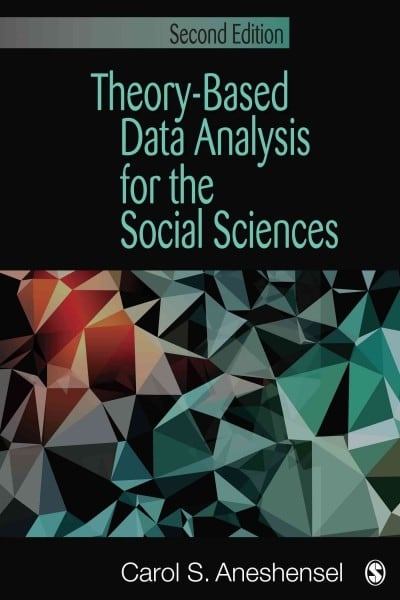Answered step by step
Verified Expert Solution
Question
1 Approved Answer
Psychology 629 Unit 1 Learning Objectives Johnston, Preface; Moore (2011); Schlinger (2019) Note: The boldfaced objectives that you will be responsible for learning for


Psychology 629 Unit 1 Learning Objectives Johnston, "Preface"; Moore (2011); Schlinger (2019) Note: The boldfaced objectives that you will be responsible for learning for Quiz 1 are 1-4, 6, 7, 10, 15, and 16. You should be prepared to answer and discuss all objectives in class. Summary: The preface describes what it means to be a behavior analyst (i.e., all the things behavior analysts do that cause someone to identify them as "behavior analyst") and then tells you that you will have to change the way you talk about behavior to be consistent with the science of behavior analysis. Doing so is the essence of radical behaviorism. S1 Defining Characteristics of Behavior Analysis 1. Be able to list and describe the (four defining) characteristics of behavior analysis (Table P.1) or that differentiate researchers and practitioners who describe themselves as behavior analysts from individuals who identify with other disciplines. xv-xvii 2. Know what the most fundamental feature of behavior analysis is (behavior is the sole subject matter of the science) and what the target of practitioner interest is. xv S2 "All's Behavior-and the Rest Is Naught" 3. Be able to say what "all's behaviorand the rest is naught means (there are no mental or cognitive events or processes-only behavior), where it originated, what the two versions of this statement are ("There are no mental or cognitive events or processes only behavior), and the two ways behavior is important (Schlinger, 2019). S3 - What Is Operant Behavior? 4. Be able to say what operant behavior is (use this definition: Behavior that operates on the environment, changes the environment, and is changed as a result) and the fact that the understanding of such behavior is based on decades of scientific research. xvi 5. Know what the centerpiece of the approach in the following description is: "its reliance on a collection of research methods that have proven effective in studying non-human and human behavior under both laboratory and field conditions. xvi S4 What Is Radical Behaviorism? - 6. Be able to say what radical behaviorism is (the philosophy of the science of behavior analysis). xvi | - Skinner (1989) put it this way: I don't believe I coined the term radical behaviorism, but when asked what I mean by it, I have always said, "the philosophy of a science of behavior treated as a subject matter in its own right apart from internal explanations, mental or physiological." (p. 122) 7. Be able to state the eight principles of (Skinner's) radical behaviorism (Moore, 2011), especially analytic concepts, behavior (both public and private), and pragmatism. 456-460 8. To summarize, be able to list and describe the four characteristics that define the field of behavior analysis (Table P.1). xvi-xvii S5 The Challenge for ABA Practitioners 9. Know what the similar challenge is that ABA practitioners confront (to bring decades of basic and applied research to bear on behavioral problems) and why. xvii-xviii 10. Be able to say and give three reasons why it is important for ABA practitioners to understand the field's conceptual framework (radical behaviorism) and what mentalism (a.k.a. cognitivism) is. xix S6 - Why ABA Practitioners Should Learn About the Field's Conceptual Framework 11. In sum, be able to state one reason-I would say, the most important reason-for ABA practitioners to learn about the field's conceptual framework: that it makes them more effective working with clients. xix-xx 12. Be able to state another reason for practitioners to master this material, what the risk over time is, and "a further, particularly worrisome concern." xx 13. Be able to list and describe the five reasons for ABA practitioners to learn about the field's conceptual framework (Table P.2), including the most important reason: It makes them more effective in working with clients, families, and other professionals. xxi S7 How ABA Practitioners Should Learn to Talk About Behavior - 14. Know the essence of the argument that this book presents: that it is important for ABA practitioners to talk about behavior consistently with the science of behavior. xxi 15. Know what a verbal community is (actually, a group of people who reinforce particular ways of talking) and what it means to say that "talking about behavior is itself behavior." xxi-xxii
Step by Step Solution
There are 3 Steps involved in it
Step: 1

Get Instant Access to Expert-Tailored Solutions
See step-by-step solutions with expert insights and AI powered tools for academic success
Step: 2

Step: 3

Ace Your Homework with AI
Get the answers you need in no time with our AI-driven, step-by-step assistance
Get Started


